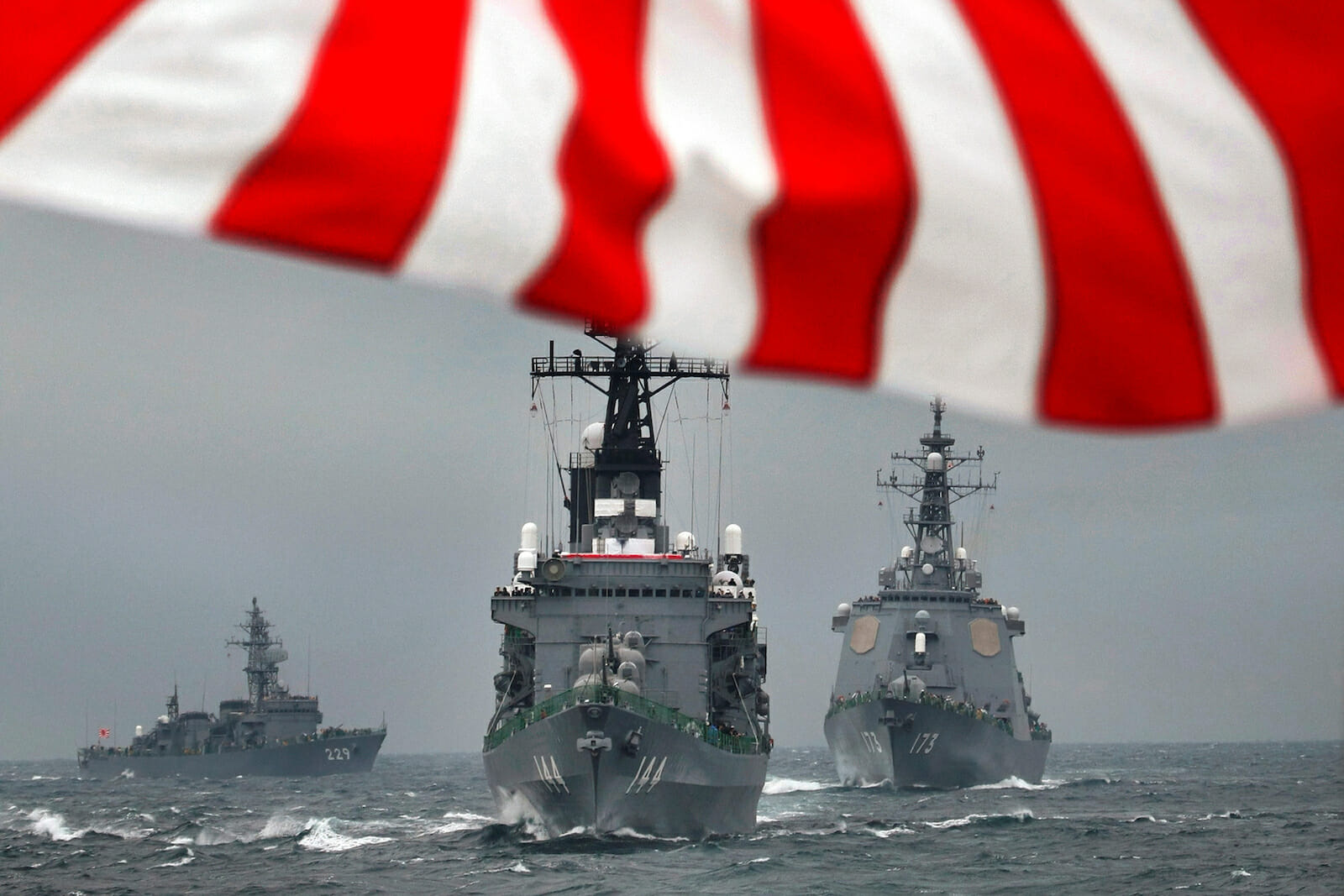
Japan wants to Revise its Constitution
If we locate Japan’s trend of advancement in the field of defense and national security on a simple graph and join the dots, the graph shows a trend of acceleration. The question surrounding Japan’s military transformation, modernization, and engagement, with a key focus on the Peace Constitution and its “apple of an eye,” article nine and its status, remains an issue today. Should Japan revise article nine?
Japan is one of the economic powerhouses in the East Asian region and ranks third in GDP globally after the US and China. And while Japan’s economy is significantly stronger than many of its neighbors, its military lags behind that of many of its neighbors. Japan’s constitution inhibits the government from modernizing the military.
The official English translation of article nine is: “Aspiring sincerely to an international peace based on justice and order, the Japanese people forever renounce war as a sovereign right of the nation and the threat or use of force as means of settling international disputes. In order to accomplish the aim of the preceding paragraph, land, sea, and air forces, as well as other war potential, will never be maintained. The right of belligerency of the state will not be recognized.”
Chinese and North Korean nuclear proliferation is occurring in Japan’s backyard. How will Japan respond to these threats? Do nothing? These nations could pose a threat to the national security of Japan.
Another reason for Japan to revise article nine reflects its recent trend of military engagement, evident from the early 1990’s during the Gulf War up to and including the wars in Afghanistan and Iraq. Japan has been deploying troops called non-combat troops to these war-torn areas, and very lately in 2009, it sent the Marine Self Defense Force to assist in the protection of sea-lanes threatened by pirates off the Somali coast.
The issue of historical logic must be considered. Allowing Japan to re-arm would send a negative signal to China and South Korea. Historical events are difficult to forget. Therefore, re-arming Japan could lead to an arms race in the Asian region.
Domestic pressures from within Japan have created feelings of insecurity should article nine be revised. The Japanese scholar, Izumikawa, noted that three groups, the Pacifists, the Antimilitarists and those who fear entrapment, have voiced concerns. The Pacifists suggest that Japan should not re-arm and that there are other better alternatives than the use of military force.
The Antimilitarists clearly defend liberal democracy. They argue that Japan’s traditionalism is an ingredient for conflict due to the cultural values of obedience, respect for authority, perseverance and self-sacrifice. They, therefore, oppose the revision due to the fact that it will empower Japanese society to turn back to its traditional values which contributed to Japan’s aggression during the Second World War. Japanese who fear the threat of entrapment believe that an alliance with the U.S is like a trap, and should Japan revise article nine, the result could lead to an ideological entanglement whereby U.S adversaries could become Japanese adversaries. This would definitely create a security dilemma for Japan with China, Korea, and others.
Japan needs to reiterate and re-affirm to the world their strong support for a lasting peace that was clearly stipulated in the preamble to its peace constitution. Japan’s military should be strictly transparent and confined to the state’s obligations domestically and internationally. In addition, Japan should limit its bilateral military alliance obligation with the U.S and instead increase its support for multilateralism and bilateral economic, social and cultural developments with developed and developing countries in order to gain their trust. Should all these suggestions be followed, there should be no challenging issues confronting Japan should it revise article nine.

